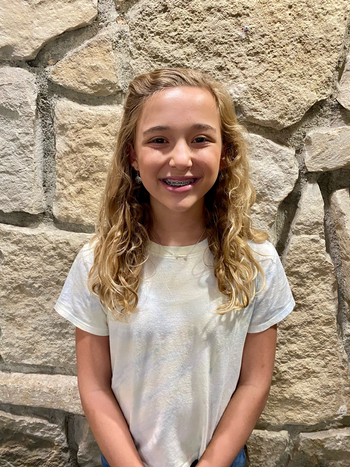Credo
Our teaching philosophy is built on the study of vocal pedagogy and literature from the past 250 years, including recent science and its practical application.
Our goal is to give students a safe, compassionate, and empathetic environment in which to work. Taking risks is encouraged in order to break down barriers that can cloud development owing to a “fear of failure”. Our goal in the studio is to make learning a playful, spontaneous, joyous, and constantly growing experience for both teacher and student.
The purpose of every lesson is to free the singing voice. The mechanics of singing should not be mysterious -- vocal development is built on logic from the patient and diligent application of tools and exercises. Learning to sing is a process and ongoing journey towards mastery.
The main concern at all times is with the functional freedom and health of the voice. We wish to work so that the singer may explore their voice and adapt it to any style or genre that they wish to sing while guiding them through issues of vocal health, technical skills, and musical development.
Our pedagogical influences can be found largely in the work and writings of Manuel Garcia II, Francesco Lamperti, Mathilde Marchesi, David Blair McCloskey, William Vennard, and Richard Miller, and most currently in the pedagogies and science of Ingo Titze, Kittie Tuller Verdolini Abbott, Johan Sundberg, Robert Sataloff, Lynn Helding, and Kenneth Bozeman.
Our goal is to give students a safe, compassionate, and empathetic environment in which to work. Taking risks is encouraged in order to break down barriers that can cloud development owing to a “fear of failure”. Our goal in the studio is to make learning a playful, spontaneous, joyous, and constantly growing experience for both teacher and student.
The purpose of every lesson is to free the singing voice. The mechanics of singing should not be mysterious -- vocal development is built on logic from the patient and diligent application of tools and exercises. Learning to sing is a process and ongoing journey towards mastery.
The main concern at all times is with the functional freedom and health of the voice. We wish to work so that the singer may explore their voice and adapt it to any style or genre that they wish to sing while guiding them through issues of vocal health, technical skills, and musical development.
Our pedagogical influences can be found largely in the work and writings of Manuel Garcia II, Francesco Lamperti, Mathilde Marchesi, David Blair McCloskey, William Vennard, and Richard Miller, and most currently in the pedagogies and science of Ingo Titze, Kittie Tuller Verdolini Abbott, Johan Sundberg, Robert Sataloff, Lynn Helding, and Kenneth Bozeman.


